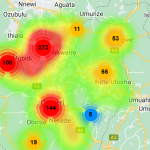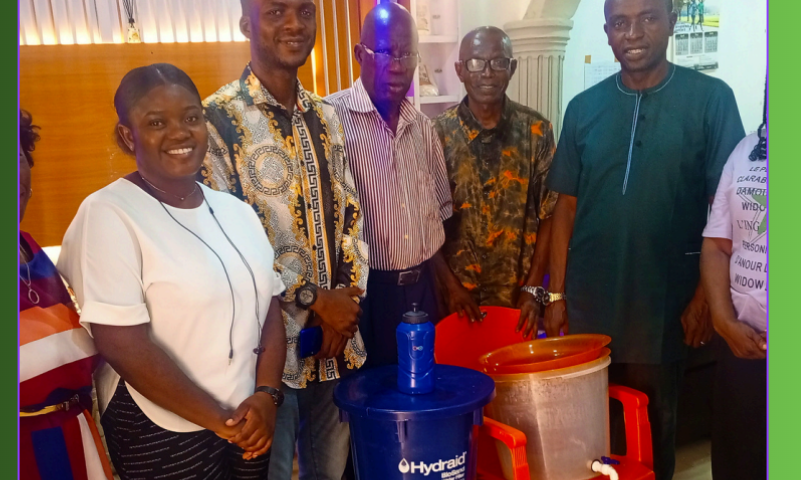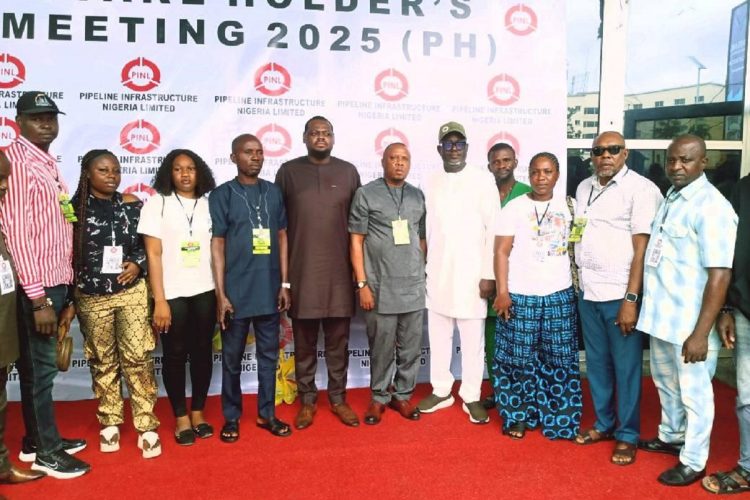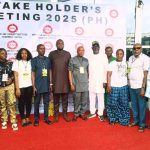
Niger Delta Weekly Conflict Update: June 30 – July 06, 2024
July 5, 2024
Niger Delta Weekly Conflict Update: July 07-13, 2024
July 12, 2024
The Center for Water Resources (CWR) at the Federal University of Petroleum Resources (FUPRE) has initiated a significant project to tackle the ongoing water crisis in Delta State, Nigeria. This effort, spearheaded by Dr. Adedoyin Bankole, the Research Director of the Centre, is the result of a seamless collaboration with the Coastal and Marine Areas Development Initiative (CMADI) and other NGOs.
Since 2013, the Foundation for Partnership Initiatives in the Niger Delta (PIND) introduced the Hydraid Biosand Filter, an affordable household water treatment and safe storage (HWTS) technology, to communities in the Niger Delta, Water, Sanitation, and Hygiene (WASH) projects have been expanded in the region . Through partnerships with the Rural Water and Sanitation Agency (RUWASA), the Ministry of Environment, and the Ministry of Water Resources, CMADI has deployed WASH enlightenment and training across several communities in the nine Niger Delta states.
Certified by the Centre for Affordable Water and Sanitation Technology (CAWST), CMADI continues to enhance access to safe and reliable drinking water. Their collaboration with the Delta State Ministry of Environment’s Territorial Action on Climate Change (TACC) program has led to the deployment of Biosand Filters in Ashama and Akugbene communities, underscoring the additional benefits of these filters in climate change mitigation.
CMADI’s WASH initiatives prioritize public health, recognizing that access to safe water is crucial. Their motto, “Water Rights before Human Rights!” drives their mission, as the lack of safe drinking water exposes communities to bacterial infections and other pathogens, causing gastrointestinal diseases. With water demand at an all-time high, CMADI is committed to providing effective, affordable, and efficient water service solutions, including Hydraid Biosand, ceramic clay, and membrane water filters.
Recently, in collaboration with Birmingham City University (Enactus), CMADI deployed Hydraid Biosand water filters to six riverine and upland communities in Warri South and Aniocha South LGAs of Delta State. To further consolidate their WASH mandate, CMADI has signed a pact with FUPRE’s Center for Water Resources to promote SDG 6 (Clean Water and Sanitation) for continuous WASH product deployment and training.
In partnership with the Charles Soares Obiorah Foundation (CHASOF), CMADI donated a Hydraid Biosand Water Filter to Unibeth Orphanage Home in Kwale, Delta State. This donation is crucial, as the home, housing 18 children aged 1-20 years, faces significant challenges with access to safe drinking water and storage facilities. The lack of electricity in some parts of Kwale has made it difficult for the orphanage home to pump water from an existing borehole, often requiring them to rent a petrol generator. Additionally, CMADI conducted WASH (Water, Sanitation, and Hygiene) lectures for community members.
Water scarcity is a critical issue in Delta State, Nigeria, impacting most riverine and upland communities. Despite its rich natural resources and strategic location in the Niger Delta, many residents struggle to access clean and reliable water sources. An average family spends over ₦15,000 to ₦20,000 monthly on water purchases, alongside healthcare costs due to water-related diseases.
By addressing the root causes of water scarcity and investing in sustainable solutions, the collaborative efforts of CMADI and their partners aim to ensure that every resident has access to the clean water they need for a healthy and prosperous life. Promoting Sustainable Development Goal 6 (Clean Water and Sanitation) and Sustainable Development Goal 3 (Good Health and Well-being), this initiative underscores the vital importance of clean water in improving public health and supporting community development.









